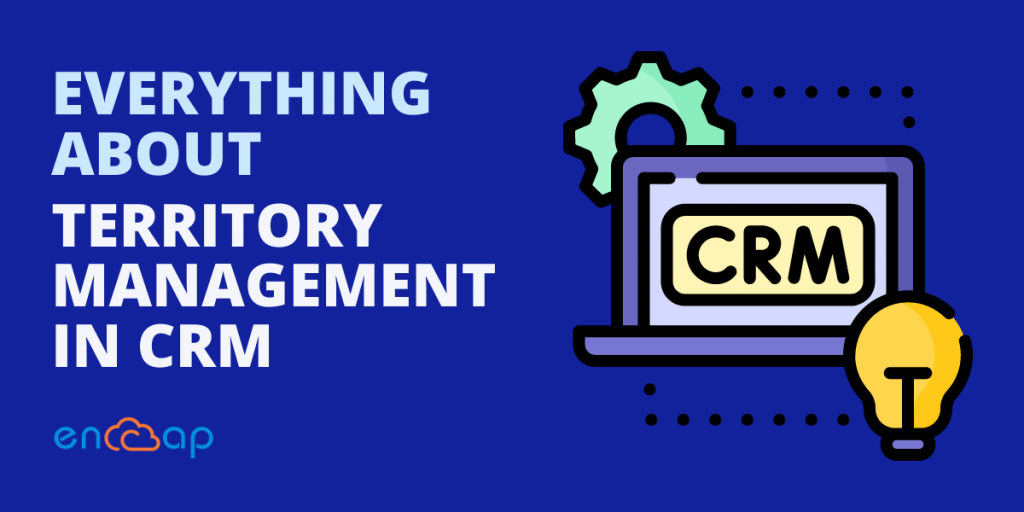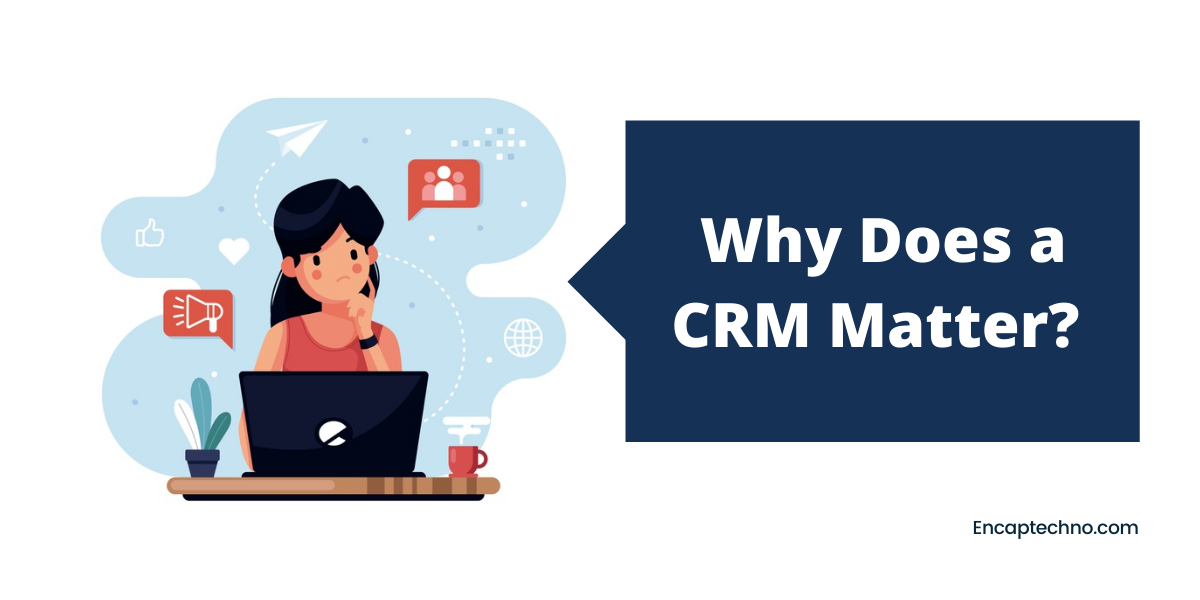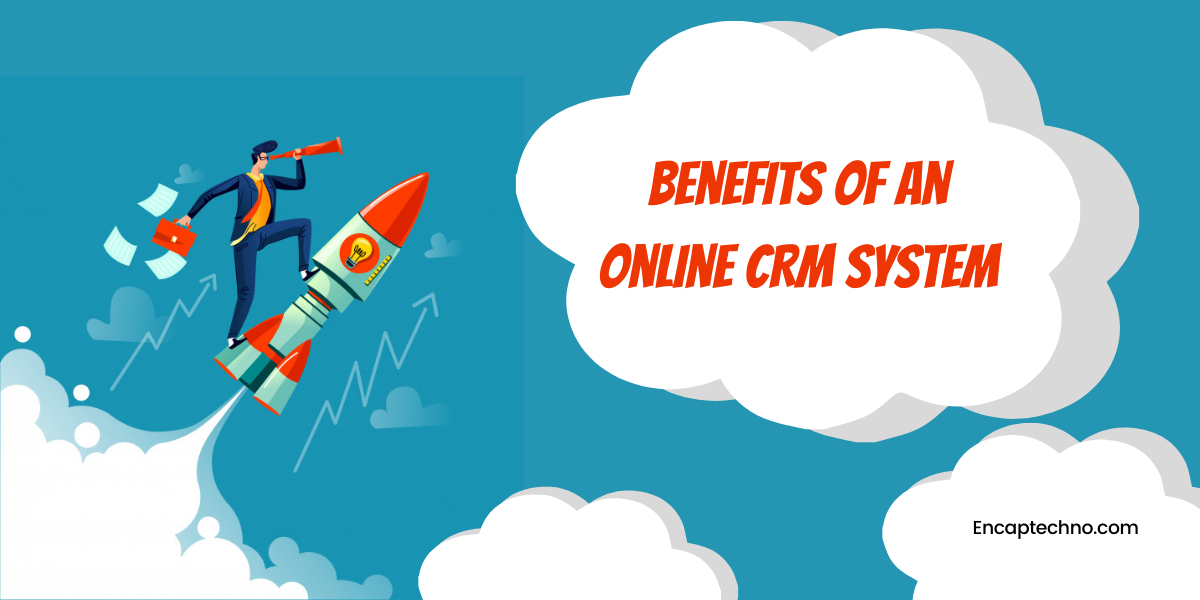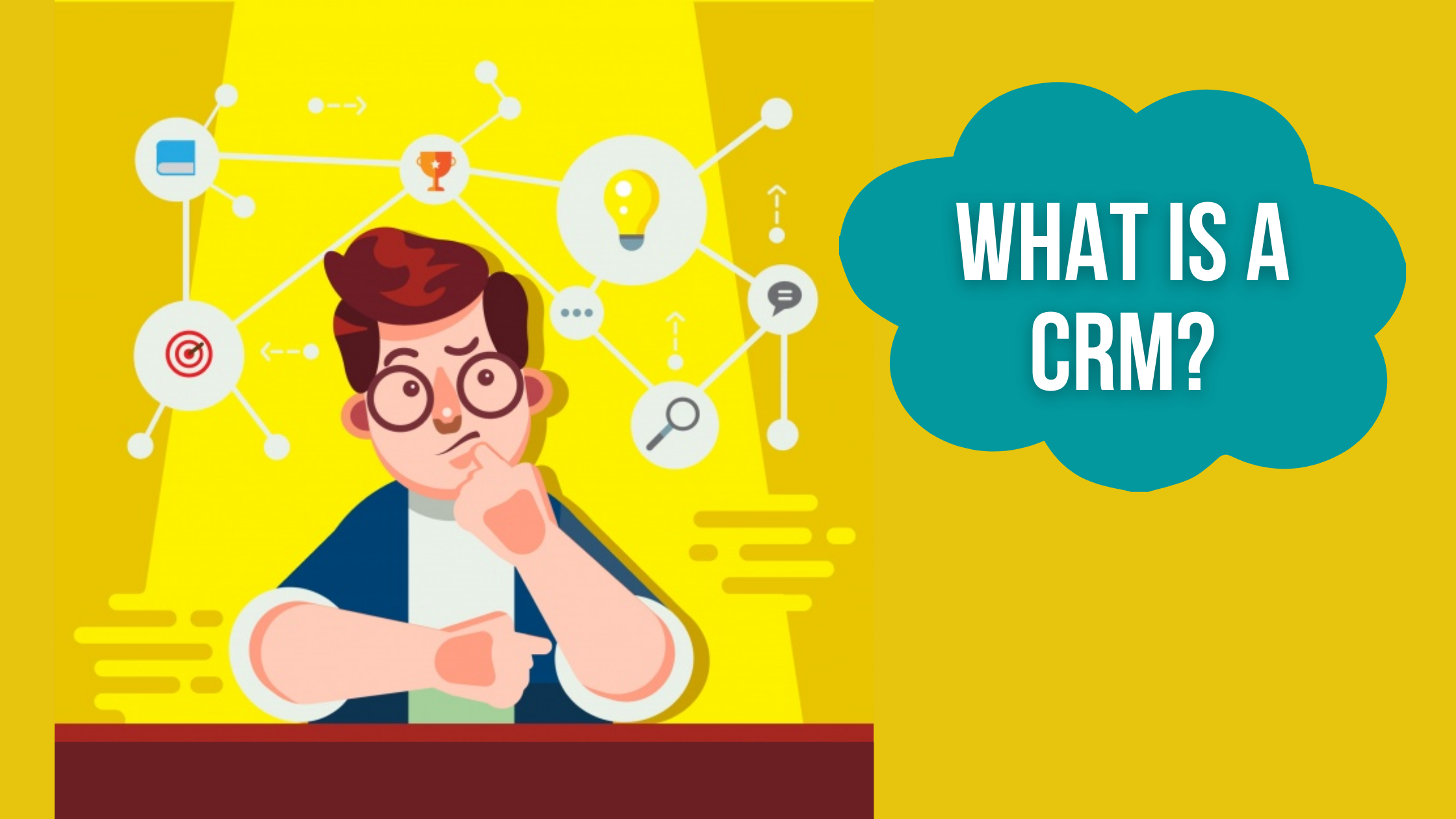Everything about Territory Management in CRM
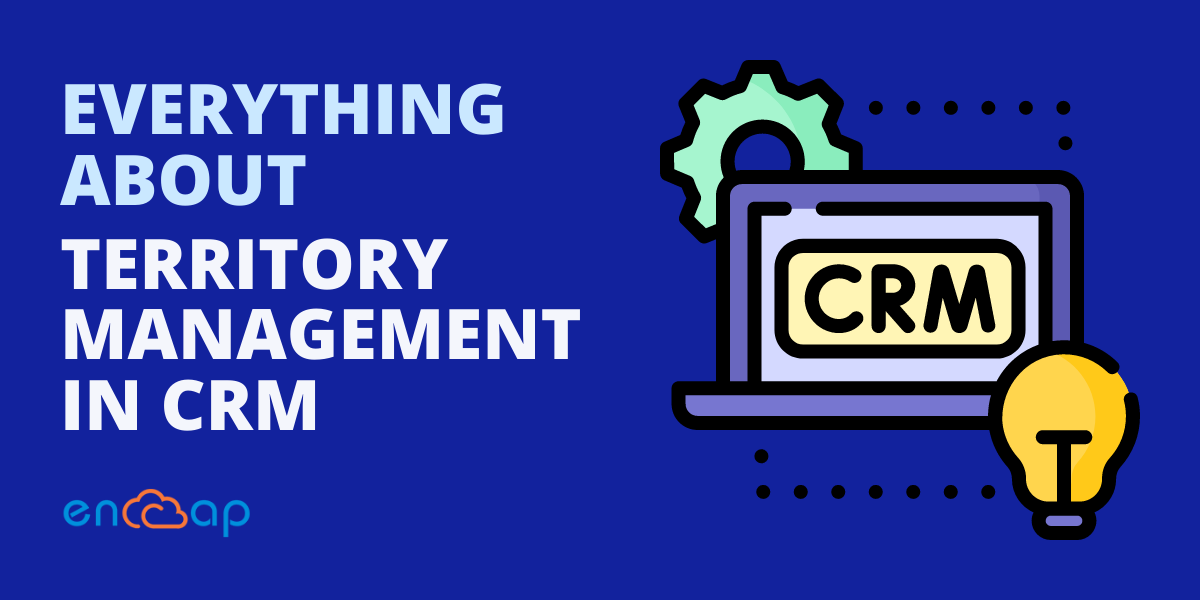
In case your business is spread across various regions and has many offices, departments, and numerous products/services, it is not a simple endeavor to assign customer accounts to the sales teams without detailed planning. In fact, quite often it can be complex to offer access to selective accounts for individuals from different teams who work together for a mutual sales objective.
A system in which the customer accounts can be grouped together based on well-defined criteria can be called territory management. With the use of territory management, different customer accounts can be shared with the sales team in an organization. This ensures suitable use of the credibility of the sales to increase business opportunities, offer excellent customer service, and expand the present customer relationships.
The significant benefits of territory management include the following:
1. No Complex Data Sharing
The organizations that have a difficult sales structure can pretty much use territories for sharing records with the users of different teams. It is relatively easy to group records based on the account’s characteristics rather than individual ownership.
2. Organized Work Environment

The distribution of customer accounts by using territories helps in forming an organized work environment that ensures improved engagement by the sales force. This also increases the efficiency of the sales team by reducing the travel time and increasing the expertise of the industry.
3. Accurate Evaluation of Sales Performance
With the use of territory management in CRM, it becomes easy to generate sales reports. These reports are based on territories and they help in evaluating and measuring the efficiency of the sales team by territory. In addition, one can also get a detailed insight into the sales contribution of every territory.
4. Forecasting Sales for All Territories

You can create separate forecast targets for every territory a user comes from. This helps in getting a clear picture of the goals that you have set for the different territories for users to stay entirely focused.
Understanding If your Organization Needs Territory Management
The territory management feature in Zoho CRM allows you to create territories and specify criteria that also define a territory. You can effectively build a hierarchy in addition to the role hierarchy in your account.
You can also access pre-defined reports on territories such as Star Performers across territories, Overall Sales Cycle Duration among territories and Revenue By Territories, etc. Finally, you can create custom reports on territories and set many forecast targets for users who belong to different territories.
Territory management doesn’t have to be a requirement for every organization. You must decide on the usage of territories for your organization’s sales structures and data-sharing model. Below, we will know more about territory management so that we can understand if that is a right option for your company.
Role and Territory Management
In the role and territory hierarchies, record ownership lies with just one owner. In role management, the record is accessible to the owner of the record, the users who are superior to the record owner in the role hierarchy, and the users who have access granted based on data sharing rules.
On the other hand, in territory management, the record is accessible to the owner of the record, users who are superior to the record owner, other users in the record’s territory, and users in the territories that are superior to the record’s territory.
In role hierarchies, the customer accounts can be segmented based on record ownership, and in territory hierarchies, the customer accounts can be segmented based on account characteristics. In role hierarchies, users can often be assigned to just one role and in territory hierarchies, users can be assigned to many territories.
Lastly, the users can have a single forecast target in role hierarchies, but the users can have multiple forecast targets in territory hierarchies.
Understanding This Better With an Example
Let’s take an example to understand the lead allocation in CRM much better. Assume that the workforce working in Development Inc. is made up of multiple teams all across the United States in different regions. In this kind of sales structure, you would not want the sales team from any region to access records of another region. There might also be some prospects that you would like to share with the senior representatives from different teams in different regions.
Now it can be difficult to achieve this with the use of roles and data sharing policies all alone. Alternatively, in different territories based on a well-defined set of criteria, it can be possible to extend the Zoho CRM data-sharing model in the Zoho CRM account while easily sharing records with various users. This makes sure that the teams are dedicated to a defined goal and can achieve sales targets set under different time zones.
Well before you set up Territory Management in a Zoho CRM account, there are a few topics that can be helpful in determining if territory management is suitable for your organization. These points are:
- Sales Structure and Sharing Needs: There must be a CRM data sharing structure that requires individuals belonging to different territories to access multiple customer accounts.
- Forecasting: There must be different forecasts based on territory hierarchy. There is a need to set forecast targets for each territory a user belongs to.
- Administration: The territories must be managed as individual units so that burden can be reduced on the administrators.
Sales Structure and Sharing Needs
It is important to understand how your data is being shared with other users and if the role-based hierarchy, data sharing rules, groups, and assignment rules offer the best options to share accounts according to the sales structure. An organization may as well have a need to share records based on the products or services, industries, revenues, ZIP code/region, etc. When it comes to such a complex and collaborative sharing model, one needs territories that ensure effective grouping of customer accounts and sharing records with different sales teams.
If the sales structure in an organization requires a person to share customer accounts with many people from different teams then take this as an example. Let’s say that you have a ground sales representative who makes calls to the prospect and arranges a meeting. Let’s say you also have a field sales representative to visit the prospect for a product demo. In this case, how do you possibly share accounts with the sales representatives?
The sales structure of an organization might either be linear or a complex matrix of sorts where the data sharing is one too many people. Territory management can be right for your organization if the sharing needs of your company depend on account characteristics rather than individual ownership of records. In addition, it will be right for your organization if it has a matrix sales structure that requires individuals belonging to different territories to access customer accounts.
Forecasting

When you change to territory management in Zoho CRM, forecasts will also change to suit the territory requirements. When a user is a part of various territories, there might be a need to set different sales targets for users as different targets are set for each territory.
Just one forecast target for each user will not work in that case. When you split the monthly/quarterly targets based on territories and customer accounts, you will have a clear picture of the sales forecast and targets that can be achieved.
Administration

Your administrator can find it difficult to deal with sharing rules that should be monitored when there are changes in sales structure. If there is a complex data-sharing architecture, there are some common challenges that you must be aware of. Offering the same data to different users, managing permissions individually or on a role level for users, maintaining huge data volumes, creating multiple sharing rules, and frequent movement of sales reps are common challenges.
On the other hand, territories are simple to manage. The sales structure can be demarcated based on different regions. Let’s say that an executive who is responsible for handling customer inquiries from London is the best performer. In this case, you can choose to give this sales representative the additional responsibility of handling other customers from Germany. This is an example that helps us understand that this sales user can be added to the sales territory in London and Germany so that accessing customer records in both these countries becomes easy.
If the difficult data sharing rules and role hierarchy does not meet the rules then territories are an easy option to maintain as individual units that can reduce the burden on administrators. Thinking about your organization’s sales structure in a territorial hierarchy can be helpful if territory management is a valid option.
Why Use Territory Management?
1. Enhance Focused Sales
Using territory management in CRM can help in avoiding any uneven distribution of customer accounts to finally enhance focused sales and team responsibilities. Your sales representatives may either have heaps of work or little work and this is something that could potentially lead to wasted resources and lost revenue.
The workload must be evenly distributed so that the existing customers and prospects get the attention they need. If your customer account segmentation ranges from small businesses to large corporations and the opportunities are handled by salespeople based on the deal size then territories can be used to divide sales teams and complete lead allocation in CRM with business size over data visibility and sharing.
A group of sales representatives can handle deals with over 50 licenses and another group can be assigned to deal with more than 50 licenses. In this case of dynamic sales teams, having the right territories can help in facilitating the easy movement of sales representatives as they might need to switch between territories.
2. Flexibility Over Data Visibility and Sharing
Many times, the business and data-sharing model of organizations depends more on account characteristics and less on individual ownership. In this case, using territorial hierarchy comes off as a big benefit because territories offer great flexibility as compared to data visibility and sharing.
Let’s say that you sell electrical equipment in different districts. In this case, each sales group is responsible for taking care of sales in assigned districts. In each district, there can be different locations that would need electrical equipment. Based on the district and the quality of electrical equipment, you can assign the deal to your sales representatives.
In this case, the account characteristics of the account will be responsible for deciding the overall sales structure. Using the territories here can benefit you as it will offer you focus and will also simplify the process of record sharing among many individuals of different teams.
3. Geographical Territorial Segmentation
If your customers are spread across different geographical locations then reducing time and expenses for your sales team is important. The creation of territories based on geographical locations of the market and strategic placing of sales representatives within a country’s sales territory can be advantageous for the business.
As a result, there is a reduction in the time spent on travel because business opportunities become centered in one demarcated area. In addition, this helps the sales team to overcome any barriers that different territories might have. The sales representatives need comprehensive knowledge and expertise so that sales can be improved.
In the shoemaking and selling business, if you are a sales manager, you must be familiar with different shoes, pricing, features, and so on. Creating a territory that can include customer accounts who are interested in shoes can help. Belonging to this particular territory can offer enough experience and opportunities that develop your proficiency and negotiation skills.
4. Promoting Customer Retention and Revenue

If your business offers cross-selling opportunities then a flexible data sharing system that can help in cross-selling can be helpful in promoting customer retention and revenue growth.
Let’s think of a business that offers time management software to companies working in different sectors. Now this company might have a sales group focused on offering this software to each of these companies. In case a prospect is interested in the product then how will the representative share customer accounts with individuals from different teams who are involved in the sales cycle?
In this case, having a territorial hierarchy based on product lines and granting permission to sales representatives from various teams can be an effective way to manage this situation. It helps in collaborative cross-selling for a business.
Conclusion
Territory management is helpful if you have a complex sales structure with the need to change users to different sales teams or territories; if you need to segment various customer accounts based on their characteristics; if you want a simple way to maintain process for administrators and manage sharing of data; and if you require multiple forecast targets for users coming from different sales territories.
That said, it is important to ensure that you choose the correct data-sharing model for a smooth running of a business. You can know much more about territory management and if it suits your business needs by scheduling a CRM consultation partner like Encaptechno.
Everything about Territory Management in CRM Read More »
CRM Services
